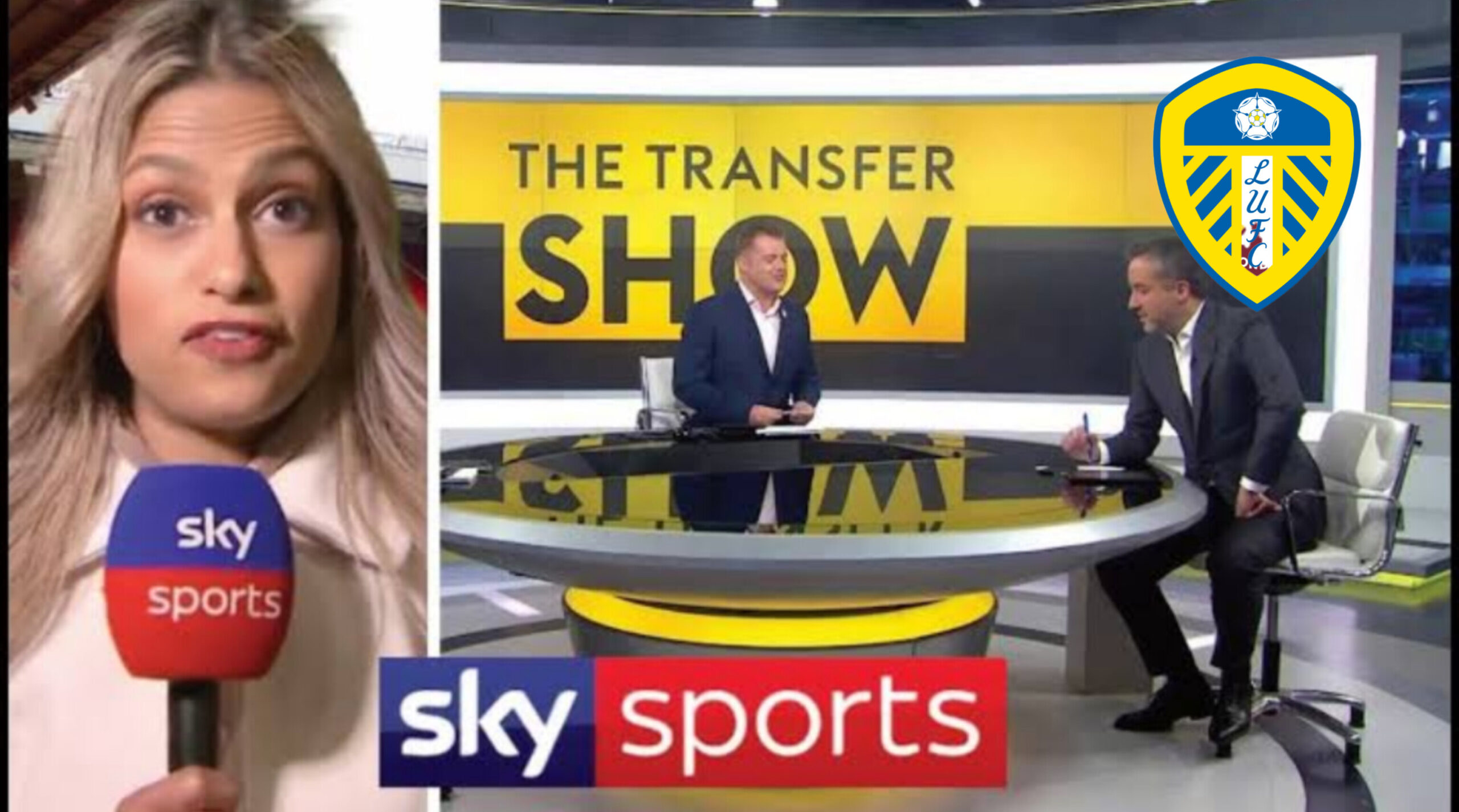Leeds United continues to struggle with consistency in away matches, dropping points in a challenging encounter at Preston North End. Despite their impressive midweek victory against Middlesbrough, the team failed to maintain momentum at Deepdale, a fixture that presented an opportunity for improvement.
The match unfolded with Leeds appearing ineffective during the first half, ultimately conceding to a counter-attacking goal by Brad Potts. Only a dramatic late intervention – an own goal by Jack Whatmough – rescued a point for the visitors, which was arguably the minimum they deserved after applying consistent second-half pressure.
This performance has reignited scrutiny of manager Daniel Farke’s tactical decisions, particularly his selection of Joel Piroe as the starting striker. While Piroe boasts an impressive goal tally of seven this season, statistical analysis reveals a nuanced picture of his effectiveness.
Intriguingly, Piroe’s goal-scoring record appears more favorable when introduced as a substitute rather than starting. The data highlights a significant disparity in Leeds’ performance between home and away matches. At Elland Road, the team has been formidable, but their away form tells a different story.
Comparative statistics with alternative striker Mateo Joseph reveal fascinating insights. Joseph’s starts have corresponded with a more defensively robust Leeds side, conceding substantially fewer goals away from home. While Piroe has demonstrated clinical finishing, he seemingly lacks the pressing intensity and tactical link-up play crucial for navigating challenging away fixtures.
The analysis suggests a broader tactical issue: Farke’s potential reluctance to adapt game plans for different opponents and venues. The Preston match epitomized this concern, with substitutes like Joseph displaying more nuanced striker movement that Piroe seemingly lacks.
Despite Piroe’s undeniable goal-scoring prowess, the comprehensive evaluation suggests his starting role in away matches might require reconsideration. The team’s defensive vulnerability and tactical limitations when he leads the line present a compelling argument for a more strategic approach to team selection.
This performance underscores Leeds United’s ongoing challenge of translating home form into consistent away results, with tactical flexibility emerging as a critical area for potential improvement.






